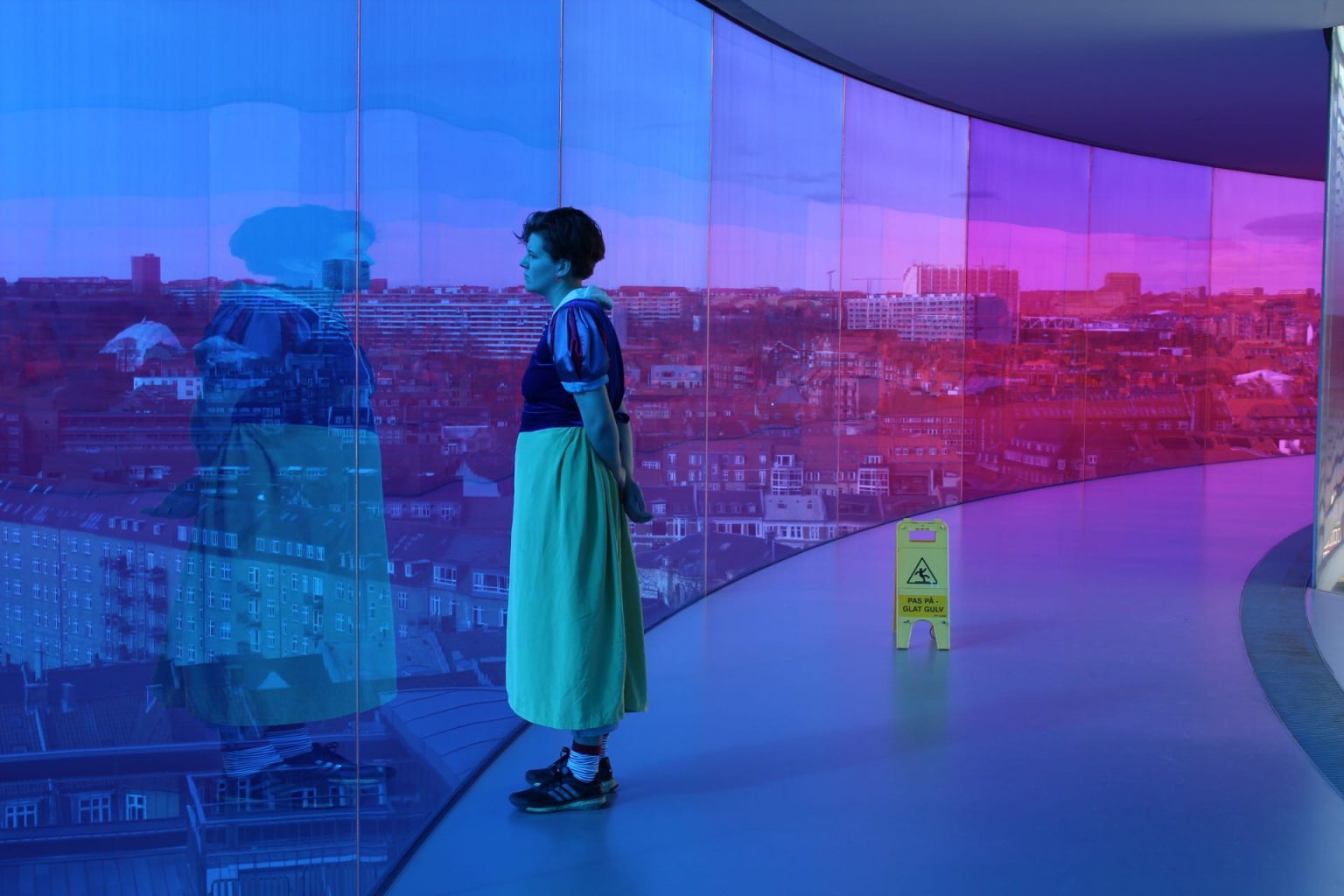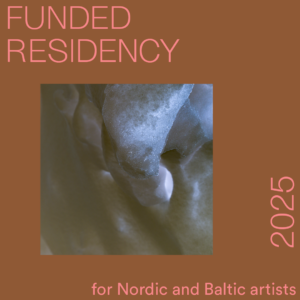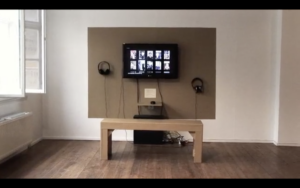May 11 – July 25, 2021, West Wall gallery, Skaftfell Bistro
Open Wed-Fri from 12:00-22:00 and Sat-Sun from 16:00-22:00.
In the year 2019 Anna Margrét dressed as Snow White for a hundred days from January 23rd to May 3rd. The performance was a part of her graduation piece from the Iceland University of the Arts and was inspired by three stories: the adventure of the princess Snow White, an art work about the real Snow White, and a story about the original Snow White from Siglufjörður. In Real Snow White by Pilvi Takala the artist dresses up as Snow White and attempts going to Disneyland in France but isn’t allowed inside because she might threaten the image of Disney. Kristín Sölvadóttir from Siglufjörður moved to Winnipeg in 1930, 18 years old, and fell in love with an illustrator named Charles Thorsson or Cartoon Charlie. After their ways parted Charlie was employed at Disney and when asked to draw Snow White for the upcoming film, he apparently drew Kristín. In Anna Margrét’s exhibition we get to have a closer look into the hundred days of Snow White through photographs and text, where the artist wonders how growing up in a society where princesses are little girls’ role models has affected her selfimage.
Anna Margrét Ólafsdóttir (b.1992) graduated from the Fine Arts Department of the Iceland University of the Arts in 2019. In her 2nd year she studied at École Supérieure d’Art de la Réunion for one semester. After her studies she moved to Helsinki where she was an intern for the Finnish artist Pilvi Takala, assisting with the preparation for her work at the Venice Biennale 2022. Having studied at the LungA School in 2014 Anna Margrét returned to East Iceland in 2020 to work with children and to develop her own creative process in the magical surroundings of Seyðisfjörður. In her work, Anna Margrét represents the consumer driven society we live in. By bringing some of our mundane tasks into the art context, she is exploring how they appear in our daily lives. She wonders how a contemporary person creates their identity according to the demands of the consumerist society’s expectations and presents these thoughts in an ironic and comical way.




